Categories
Topics
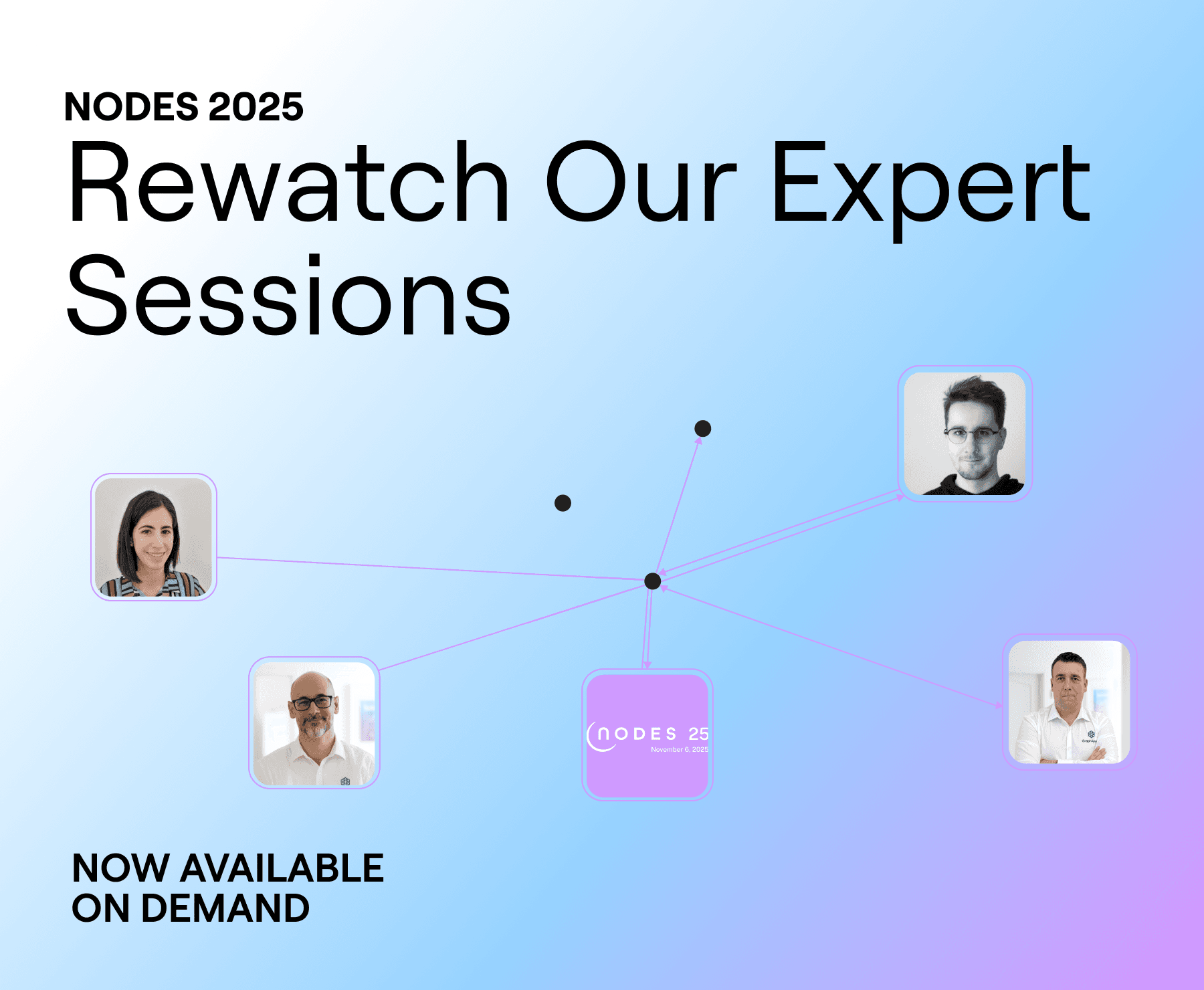

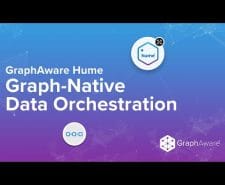
Easily converting multiple distributed data sources into a single, connected source of truth, is the start of a great graph-native intelligence analysis. Hume Orchestra is used for data ingestion from …
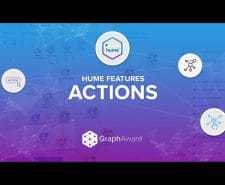
Run complex intelligence analysis with ease using Hume Actions – customised queries that offer the full power of Neo4j’s Cypher query language. With a single click, unlock answers to investigative …
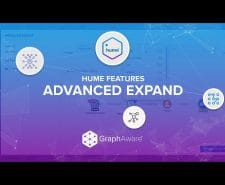
Traversing a graph database has never been easier than with Hume! With just a few clicks, you can effortlessly navigate through your knowledge graph, no GQL Cypher writing required. Hume …
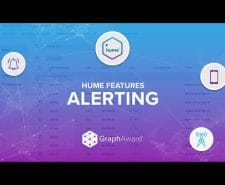
The emergence or disappearance of patterns in your data can be a mission-critical moment. That’s why Hume provides continuous monitoring of patterns of interest, ensuring that stakeholders never miss an …